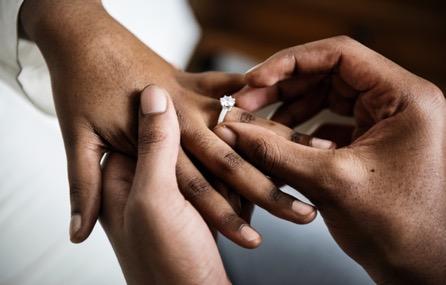
-
Register
All you need is a Jump.AFRICA account
With your Jump.AFRICA account, you can use all our services, current and future...
Register
Welcome to the Jump.AFRICA Community
- Login
- EN
Religion & Culture1 posts
Do you know about the woman on the 20 naira note?
Do you know about the woman on the 20 naira note?
Ladi Kwali gave up a tradition of imagination and craftsmanships that mixed conventional African and Western stoneware.
Dr. Hadiza Ladi Kwali was brought into the world in 1925 in the town of Kwali in the Gwari district of Northern Nigeria. There, stoneware was a typical occupation among ladies, so she took in her aunt's craftsmanship utilizing the conventional technique for looping. During her first expert years, the conventional social climate moved her to created ceramics pieces impacted by the Gbagyi custom and emphasized individual colloquialisms. She made enormous pots for use as water containers and cooking pots from loops of earth, beaten from within with a level wooden oar, finished with etched mathematical and stylized allegorical examples.
A few of her pots were gained by outstanding figures for ornamental purposes, including the Emir of Abuja, Alhaji Suleiman Barau. In his consideration, the pots were seen in 1950 by Michael Cardew, the Pottery Officer in the Department of Commerce and Industry in the provincial Nigerian Government.
Visit TradeNaira for more Nigerian articles.
This made Cardew inspired by her, and in 1954, she joined Cardew's earthenware preparing focus in Abuja. She was the middle's just female potter. She took in the western strategies of earthenware, similar to wheel tossing and coating, and made dishes, bowls, and receptacles. Nonetheless, she likewise kept on creating pots utilizing her conventional hand assembling and brightening strategies.
Through her contact with Cardew, she got known worldwide and turned into Nigeria's most popular potter. In the last part of the 1950s and mid-1960s, Ladi's work appeared to incredible praise in London at the Berkeley Galleries. In 1962, she was granted a Member of the Order of the British Empire (MBE), a privileged doctoral certificate from Ahmadu Bello University in Zaria in 1977, the Nigerian National Order of Merit Award in 1980, and the public honor of the Officer of the Order of the Niger (OON) in 1981.
She is the lone lady on the Nigerian naira note — the Twenty Naira Note (₦20).
Dr. Kwali passed on in Minna on twelfth August 1984 at 59 years old, yet left behind an incredible heritage.
The Cardew Pottery in Abuja was renamed the Ladi Kwali Pottery, and a significant road is called Ladi Kwali Road in Abuja.
Try not to miss a thing; click here to get the furthest down the line updates to fuel your discussion day by day.
 Back
Back
 Home
Home







